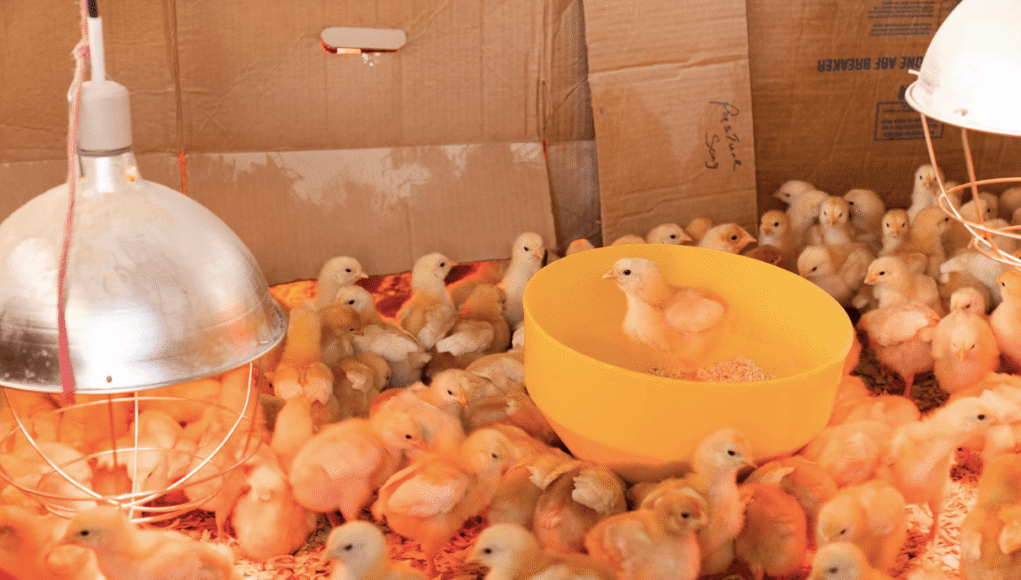For those who cherish raising chickens, understanding how to keep brooder water clean is essential. Clean water in a brooder is vital for the health and well-being of your chicks. Just like humans, chicks need access to fresh and uncontaminated water to thrive. This article will delve into effective strategies to maintain clean brooder water, ensuring your chicks grow healthy and strong.

Why Clean Water is Crucial for Chicks
Providing clean water in a brooder is not just a matter of convenience. It significantly impacts the health and growth of chicks. Dirty water can harbor bacteria and parasites, which can lead to diseases. Moreover, clean water encourages chicks to drink enough to stay hydrated, which is crucial for their growth.
Health Risks of Dirty Water
Contaminated water can cause various health issues in chicks, including infections and digestive problems. It is essential to regularly check and clean water dispensers to prevent these health risks.
Choosing the Right Water Dispenser
The choice of water dispenser plays a critical role in maintaining clean brooder water. Opt for a dispenser that minimizes spillage and prevents chicks from contaminating the water with bedding or droppings.
Types of Water Dispensers
There are several types of water dispensers available, including gravity feeders and nipple waterers. Gravity feeders are simple and easy to use, while nipple waterers can prevent contamination as chicks only access water when they peck at the nipple, reducing the risk of debris entering the water.
Positioning the Water Dispenser Correctly
The placement of the water dispenser is crucial. It should be at an appropriate height to prevent chicks from climbing into it and contaminating the water. Ensure it is easily accessible but not so low that bedding or droppings can easily enter.
Adjusting Height as Chicks Grow
As chicks grow, you will need to adjust the height of the water dispenser. Keeping it at the right level ensures that it remains clean and accessible.
Regular Cleaning and Maintenance
Regular cleaning of the water dispenser is essential to maintain clean brooder water. Use warm water and a mild detergent to clean the dispenser, and ensure it is thoroughly rinsed before refilling.
Frequency of Cleaning
Cleaning should be done daily or every other day, depending on the number of chicks and the size of the brooder. Regular cleaning prevents the build-up of bacteria and algae.
Using Additives to Keep Water Clean
Adding a small amount of apple cider vinegar to the water can help maintain cleanliness. It helps in reducing bacterial growth and can also provide health benefits to the chicks.
How Much to Add
A teaspoon of apple cider vinegar per gallon of water is typically sufficient. Always ensure to use the correct amount to avoid any adverse effects on the chicks.
Monitoring Water Quality
Regularly monitoring the water quality is crucial. Look for signs of cloudiness, odor, or debris, which indicate it is time for a change.
Signs of Contaminated Water
If the water appears cloudy or has an unusual smell, it needs to be changed immediately. Regular checks can prevent health issues in your chicks.
Preventive Measures for Clean Water
Preventive measures such as regular maintenance, correct positioning, and choosing the right dispenser can make a significant difference. These practices ensure that the chicks always have access to clean water.
Regular Maintenance Practices
Practices like daily checks and cleaning routines are effective in keeping brooder water clean. Consistency in these practices will lead to healthier chicks.
Environmental Considerations
Environmental factors such as temperature and humidity can affect water cleanliness. Warmer temperatures can promote bacterial growth, so it is crucial to maintain a clean environment for your chicks.
Impact of Temperature on Water Cleanliness
Higher temperatures can speed up the growth of bacteria in the water. Regular checks and maintenance become even more critical in warmer environments.
Using Technology to Assist
There are technological solutions available to help maintain clean brooder water. Automated waterers and filtration systems can reduce manual work and ensure consistent cleanliness.
Benefits of Automated Waterers
Automated systems ensure a constant supply of clean water and reduce the risk of contamination. These systems can be an excellent investment for larger brooders.
Additional Resources
For more detailed guidance on setting up a brooder, visit Small Brooder Design and Brooder Dimensions. These resources provide comprehensive information on creating a conducive environment for your chicks.
Conclusion
Maintaining clean brooder water is crucial for the health and growth of your chicks. By choosing the right water dispenser, positioning it correctly, and implementing regular cleaning routines, you can ensure your chicks have access to fresh and safe water at all times. This proactive approach will not only enhance the well-being of your chicks but also ensure a thriving and healthy flock.

FAQs
How often should I change brooder water?
Brooder water should be changed daily or more frequently if it becomes dirty.
Can apple cider vinegar harm chicks?
When used in moderation, apple cider vinegar is safe and can provide health benefits to chicks.
What are the signs of contaminated brooder water?
Cloudy water, unpleasant odor, or visible debris are signs that the water is contaminated and needs changing.
For more information on chick care, visit Purina Mills.
This article contains affiliate links. We may earn a commission at no extra cost to you.











